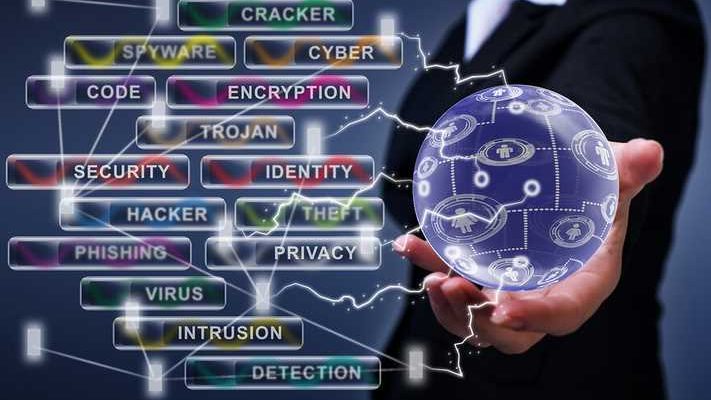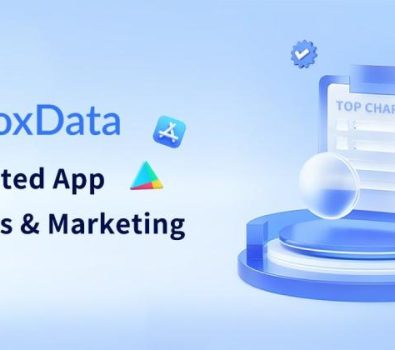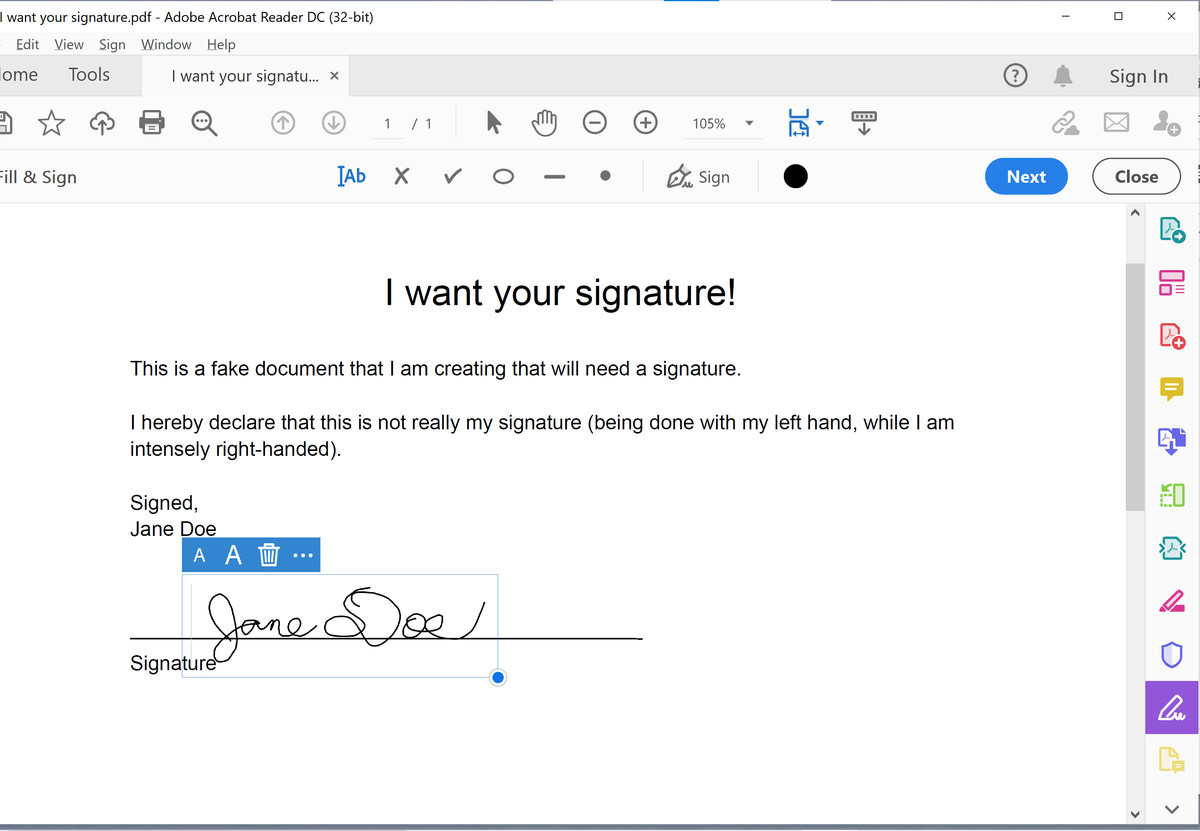Cybersecurity is vital in this age of digital workplaces and hybrid work. With data needing to be transported either online or physically to accommodate this hybrid work, your corporate and personal data are equally at risk. Here’s how to minimise that risk:
- Outlaw Personal Storage Devices
At your workplace (Digital or otherwise), your employees need access to certain data and systems. However, there is no reason that an employee should be able to simply copy any data they wish onto a removable drive and walk out with it, at least without prior arrangements and security checks. Just earlier this year we saw evidence of how one man losing a USB stick can endanger an entire city.
- Provide Work Hardware
With employees working from the safety of their homes, cybersecurity is now responsible for corporate and personal data simultaneously. To avoid personal computers having access to work data, and vice-versa, ensure that any workers who need to work from home have hardware provided or have data sent to them by another means than connecting their personal PC to the work network. Having so many devices spread across so much space makes a leak in security just that bit more likely and can lead to things as serious as Identity Theft or Invoice Fraud.
- Bolster Your Email Software
All workplaces will rely on email software, and that’s where threats like ransomware, spearfishing and more can enter the network. Having a partner like SonicWall Online is a good way to ensure your system captures threats as they appear, sometimes even in encrypted data that would be missed easily.
- Use VPN’s
Your local network being displayed online from work devices can sometimes be a security risk. Using a VPN ensures your employees have access to all they need while masking location and network information from the sites they visit and from any hidden threats watching the network too.
- Inform Your Staff
The day-to-day activity of all these work systems matters. Staff should be free to use programs and apps that help them but being aware of what they can do to bolster the cybersecurity of the network as a whole does help overall. Having employees ping when new programs are added and reminding them about email phishing for example both go a long way in maintaining awareness. There are also a lot of cybersecurity courses that you and your staff can access online. Use them to your advantage.
- Generate Strong Passwords
Too many workspaces still use a surname and a few numbers to generate passwords, account names, and more. Using a solid generation method and then handing those passwords out is a way of making passwords less risky while making sure employees know the accepted format and will be more conscious of password upkeep.
- Software Upkeep
If you’ve ever been in a work system and seen installations from 6 or 7 years ago just sitting in the network, you know how important upkeep is. This clutter doesn’t just take up space but also shows out-of-date operations on the system. By regularly reinstalling or updating all software and apps you ensure these files are removed and the system is tighter, smoother, and easier to look after.



